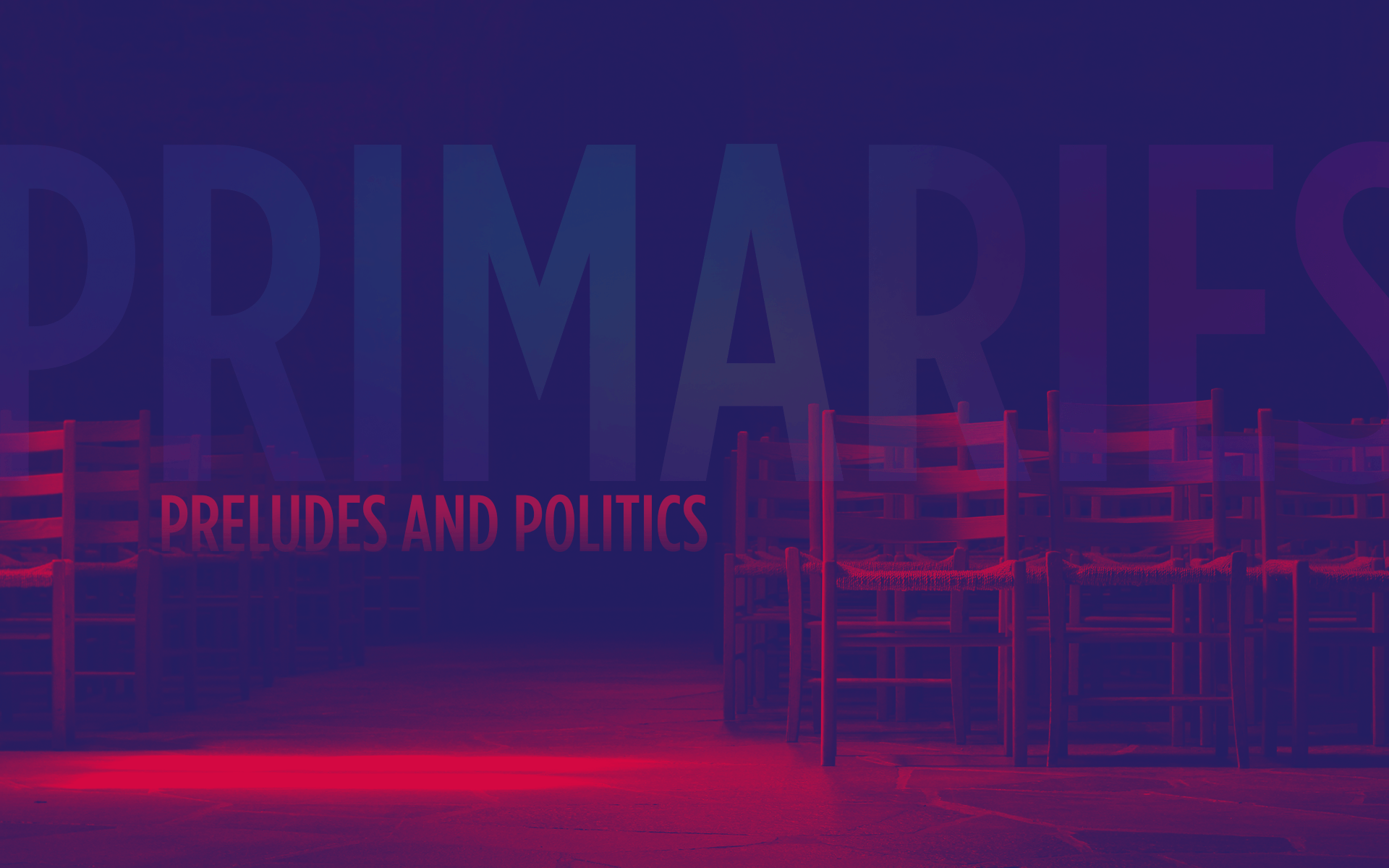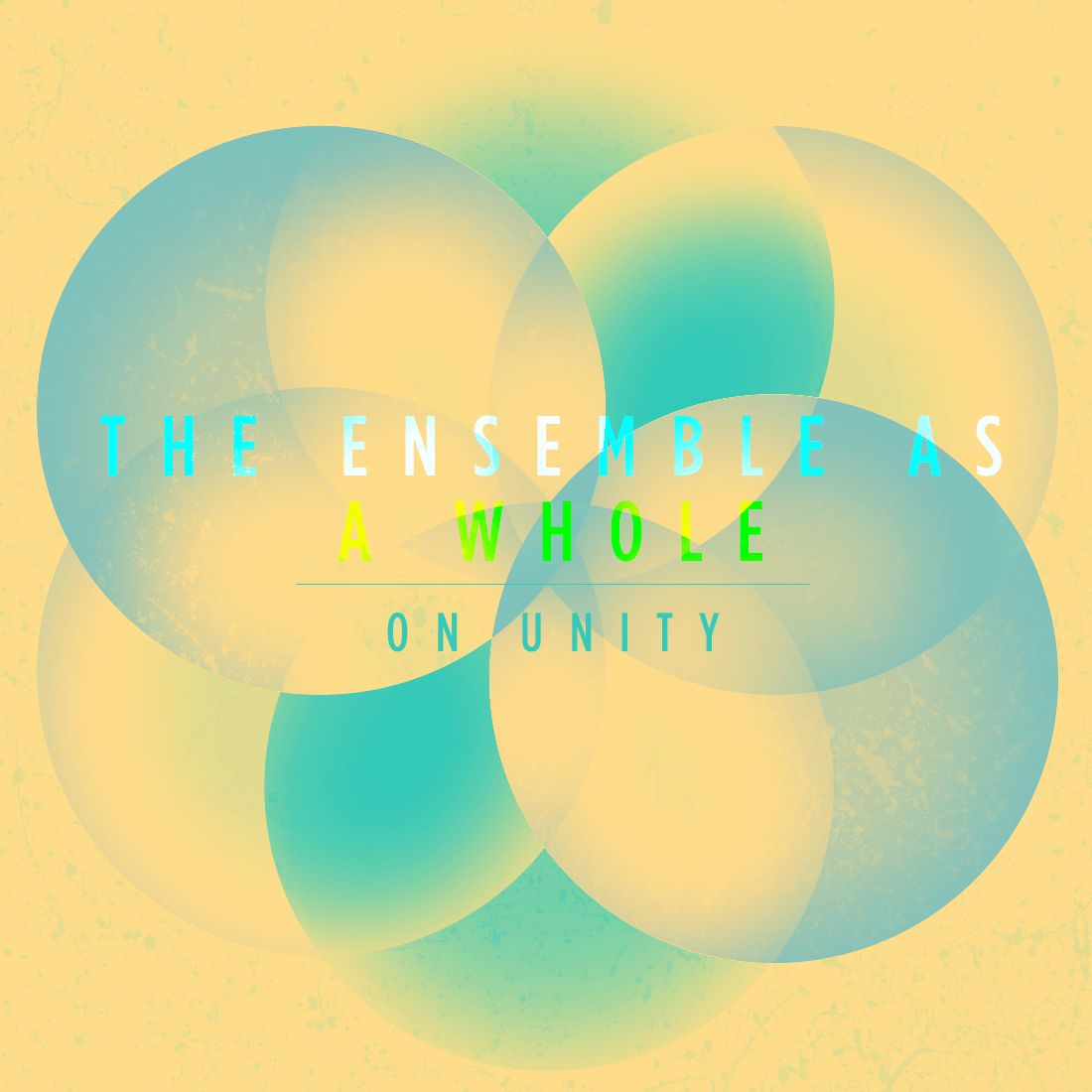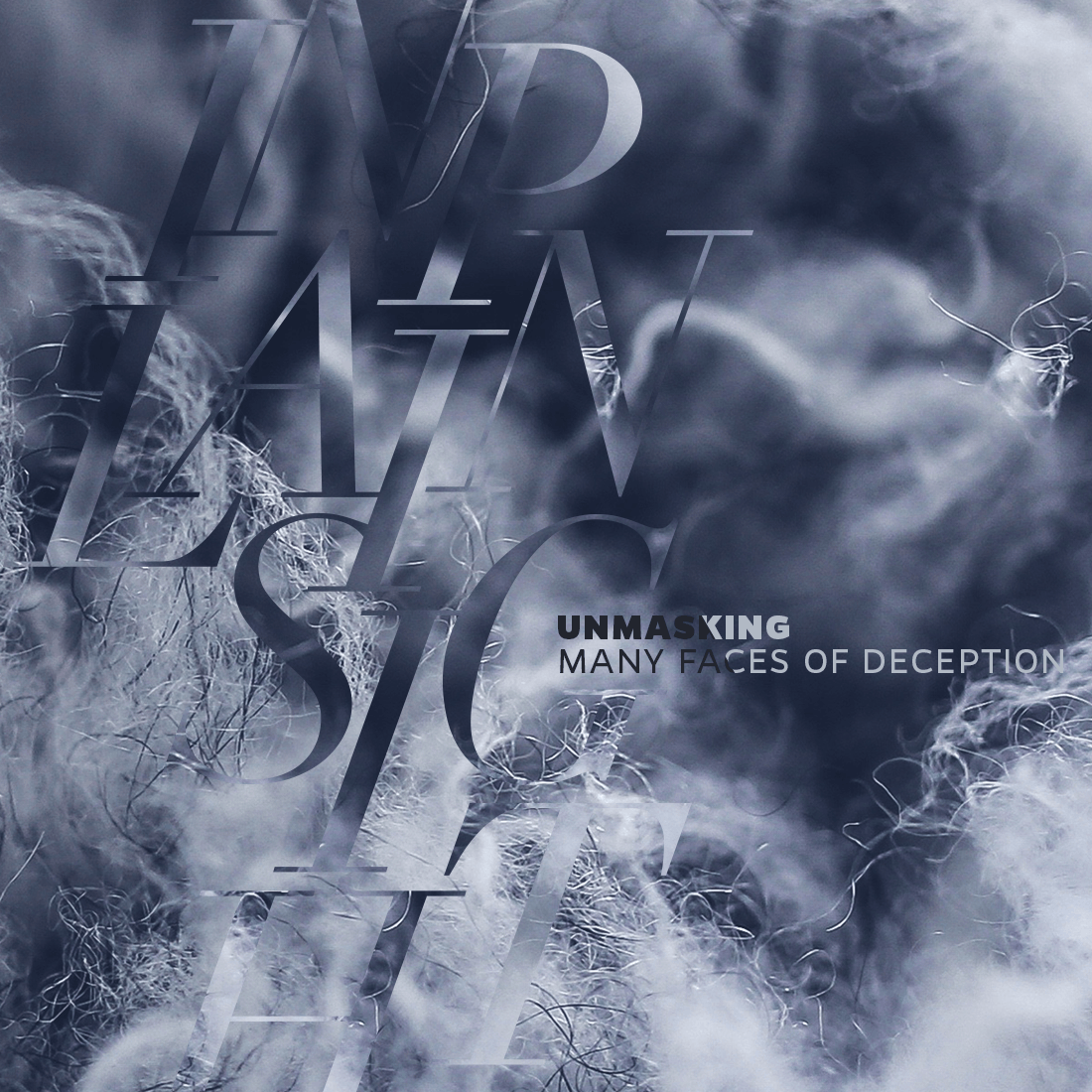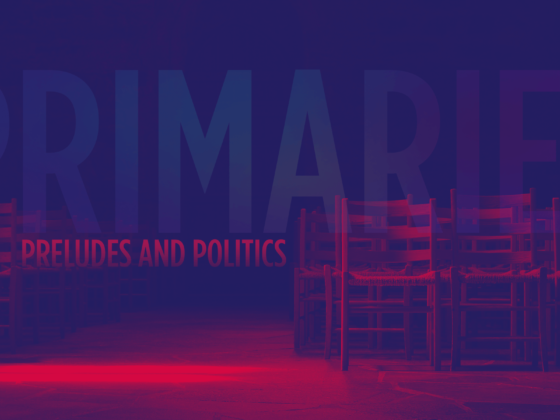MAR J. COX
Once again and for the second year in a row the Academy’s twenty nominations for lead and supporting roles were dominated by white actors.
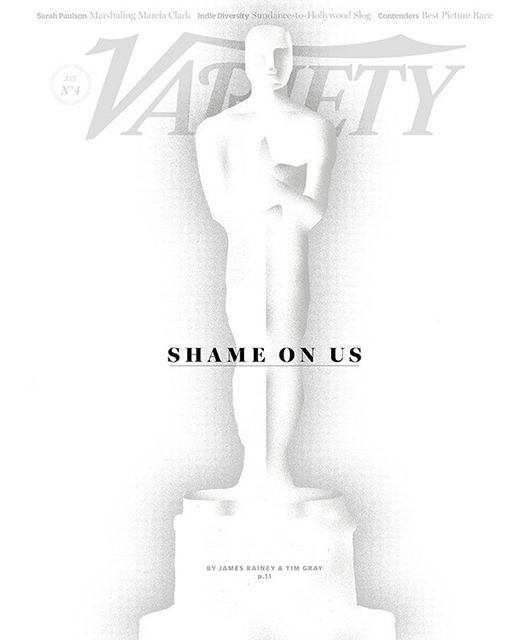
January 26, 2016 Cover of Variety | Source: Variety/Huffington Post
For many avid film goers and movie critics, this year’s Academy Awards fell short in reflecting nominations and wins desired by its audience. This year, like last year, America’s disappointment had little to do with Leo DiCaprio’s missing award (Congrats to Leo on his win for The Revenant, though. Like finally, amiright?). Once again and for the second year in a row the Academy’s twenty nominations for lead and supporting roles were dominated by white actors. ‘Dominated’ implies a contestation with a resulting plurality, but in this context and for this year and last year’s Oscars it means whites only. Shocking? Yes and no. The Academy’s 88 year old history will tell us a similar story. Only 14 black actors have ever won an Oscar in an acting category. This hardly feels representative, right? Perhaps that was April Reign’s motivation for creating the hashtag #OscarsSoWhite. In an age where we engage in activism through tweets, conversations about diversity in the arts are finally picking up some steam. This is not to say these conversations have not been happening. This time in the collective conversation of our social consciousness is not somehow anointed. This can be a radical time of social change regarding race relations, evidenced by the prominence of the #BlackLivesMatter movement. There is a growing rumble of ‘folks getting woke’ — society waking up to the reality of systemic prejudice and injustice towards minorities. This growing rumble is not new. Widespread media attention has given #OscarsSoWhite its chance to be effective.
However, all of this buzz around the inherent whiteness of the Oscars and in particular the hashtag #OscarsSoWhite has made this a two-sided conversation. The distillation of the Oscars’ problematic trend frames the controversy in terms of whiteness and blackness, forgetting the broader conversation about inclusivity of all peoples. #OscarsSoWhite is about so much more than the representation of black lives on and off the silver screen. It is about the reflection of truth: “The stories we tell ourselves about ourselves, the images we choose to create and share reveal who we are.”
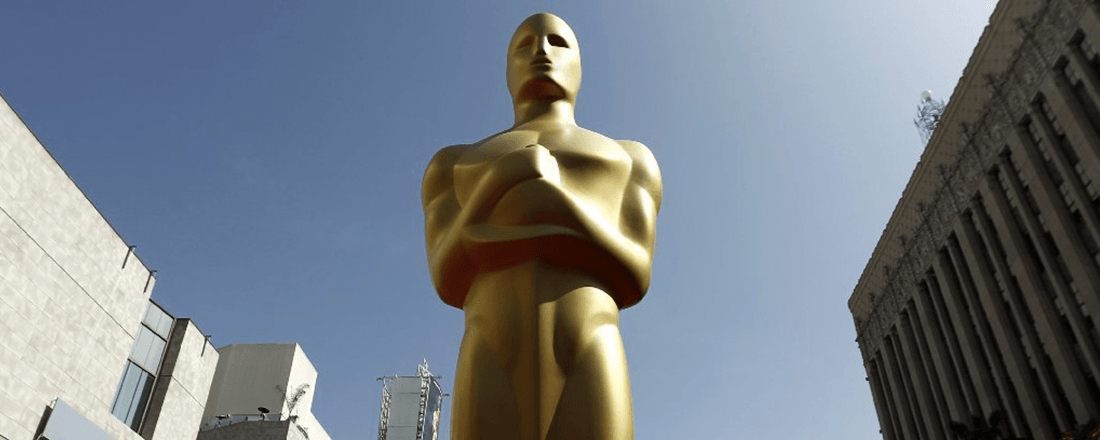
Source: © Associated Press/LA Times
Fact: In its history the Academy has awarded Oscars to less than 25 non-white actors. The truth is the Academy is not currently a space for non-white actors or artists. Beyond just race, the Academy is not a space for minorities of any kind. So what audiences are left with is someone’s version of the truth, but not necessarily any that reflect their own. Just in terms of gender and race, a “representative version of America breaks down to: 50 percent women, 12 percent black, 18 percent Hispanic, 6 percent Asian.” Many would argue that this is far “browner” than what hits the box office, let alone what gets honored. Some celebrities have cited internalized prejudice for the reason this is so. One such celebrity, Lupita Nyong’o, posted this photo on Instagram in response to the recognition of #OscarsSoWhite. Jada Pinkett Smith has been vocal as well, and Will Smith responded to her call to action by saying, “When I look at it, the nominations reflect the Academy. The Academy reflects the industry, reflects Hollywood and then the industry reflects America. It reflects a series of challenges that we are having in our country at the moment.”
Regardless of the origins, the diversity conversation is a necessary one to have.
But this macro view of the Oscar controversy is about a reality that parallels a broader and burgeoning, country-wide consciousness. It is prudent to highlight the differences between the average underrepresented movie goer and the very successful yet underrepresented film actor. The latter film actor is less likely to know the daily experience of the former movie goer. They live in a sort of pocketed intersection of privilege and oppression. These are circumstances to be acknowledged when and if the Oscars boycott and #OscarsSoWhite gets credited as a catalyst for diversity dialogue. That being said, it is not Will Smith’s fault that he is successful within an industry whose systemic structure reflects society’s at large. On the contrary, it is the dearth of other Will Smiths that should tell us there is a problem in Hollywood. Regardless of the origins, the diversity conversation is a necessary one to have. #OscarsSoWhite has certainly contributed to an ongoing dialogue that is sprouting in many other industries.
The Academy has already responded to this year’s outcry and boycott. Plans are being made to institutionalize changes that have only been discussed up until this point, with the Academy saying that “by the year 2020 the governing board of the Academy plans to double female and minority membership.” This approach suggests that responsibility for change within the film industry should come from all sides.
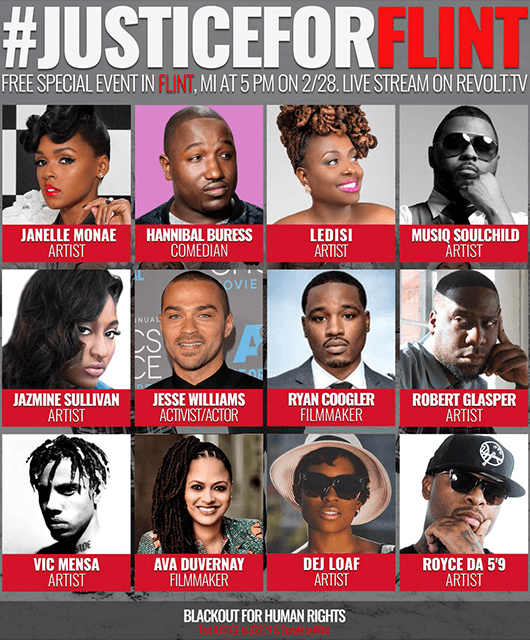
Source: UnitedBlackout/Instagram
Celebrities and artists like Will and Jada Pinkett Smith, Spike Lee, Anonhi (the first ever trans performer to be nominated for an award), Ryan Coogler, and Ava DuVernay sat out of this year’s award ceremony. Coogler and DuVernay attended a benefit for the communities of Flint, Michigan instead. This struck a chord with many in Hollywood. “When we praise and reward certain stories or images, whether by big box office or gold statuary, we reveal what we as a society value, the kinds of people we find interesting, the characteristics we revere and revile. We show the paths we hope to choose or avoid and the lessons we have learned, or not learned, from history,” said Jada Pinkett Smith.
That kind of thinking certainly got the attention of director J.J. Abrams. The acclaimed Star Wars director will “now require casting agents who work with his production company to seek out women and minority actors for roles in his projects,” Abrams said, speaking at The New York Times’ New Work Summit conference. “The Oscar controversy was sort of a wakeup call to us,” he said. “People were saying it’s so great you guys made Star Wars and you had a representative cast. But we realized it has to be a systemic approach.”
The celebrities who boycotted, who offered insight, and stood strong amidst criticism had done their part. The burden of the change that is necessary for this industry cannot be on the backs of those whom it affects most.
What will next year’s Oscars be like? Responsibility for the problem of lacking diversity is being shared amongst artists, entrepreneurs, activists, and audiences alike. If systemic change is underway, perhaps a year from now there will be a different story to tell. For now, change is coming slowly and steadily. It would be nice to tweet #OscarsSoRight in 2017, but only time will tell us if this new push for diversity and representation will stick.

